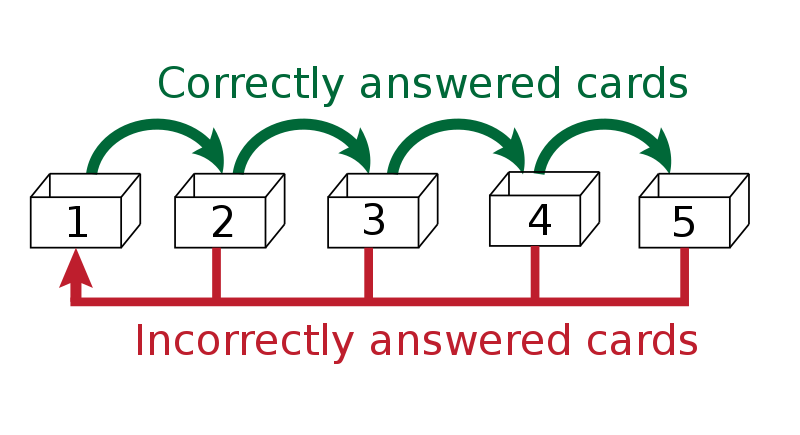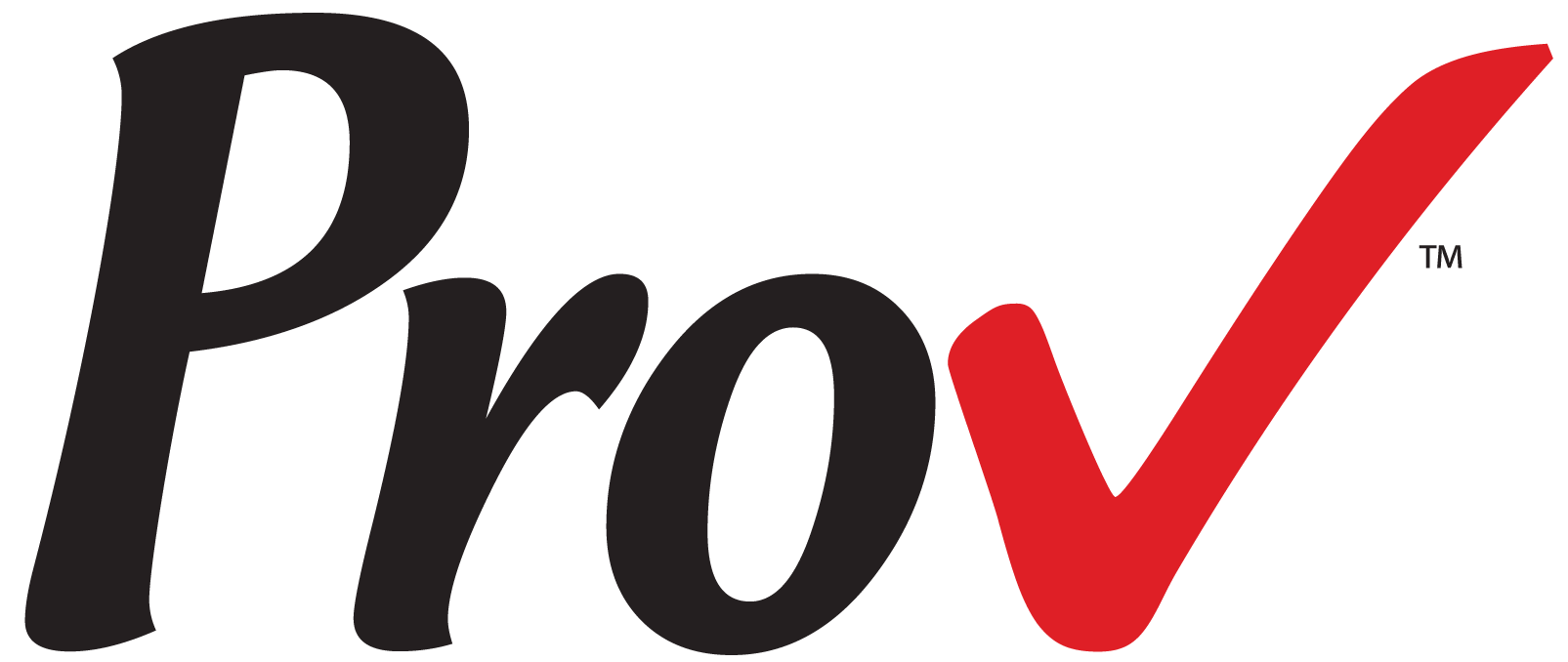CAN SPACED REPETITION IMPROVE MEMORY?

There are dozens of different study tricks, and all of them have some merit. Of course, they don’t all work the same way for different people. It’s important to know your particular learning style so you can find the study tricks that work the best for you.
One of the tricks that has garnered a lot of attention and seems to work well for many different learning styles is something called Spaced Repetition. Just like the name implies, this technique uses repetition of information at various intervals to help you build recall. The idea is that you first record the information (on flash cards that you write or the digital kind on your computer), then you review the information at regular intervals. An example of this might be to review the information on day one after creating your study aid (flash cards or something else). Wait until day three to test your recall and review the information again. Test your recall again on day seven, and then again on day twelve.
If you can accurately recall the material on day twelve, you’ve locked it in your long-term memory. Of course, you should continue to review and practice recall up until the time of your test so the information stays fresh. There are several techniques you can use with this study method. You might try the Envelope Technique.
To begin, get five envelopes and label them one through five. Create your flash cards on regular index cards and put them all in the number one envelop. Hold your first review session the next day by recalling the material you recorded on each card. If you easily remember the information, move that card to envelope two. If you struggle to remember, keep that card in the first envelope. On your next review session, start by recalling the information on the cards in envelop two. If the information was easily recalled, move those cards to envelope three. If you struggled, leave those cards in envelope two. Then work on the cards in envelope one. If the information was easy, move those cards to envelope two.
Continue moving the cards into higher numbered envelopes as the information becomes easier to recall. If something becomes difficult to recall, move it back to the first envelope and follow the process again. Using multiple exposures to information spread out over time has been proven more effective for many students than trying to cram information in repeatedly in one study session. The continuous recall using intervals is a message to your memory that this information is important and needs to be easily accessed.
If the idea of hand writing flashcards isn’t appealing to you, there are several websites that offer flashcard templates that are easy to use. Quizlet has an easy-to-use program and a downloadable app. Canva is a popular graphic design site that also has a free, printable flashcard maker. The KitzKikz website also has a free, basic flashcard option with simple instructions for those in a hurry. Many other sites are also available if you run a quick Google search. You’re bound to find the kind that works best for you.
The key to success with this method, as with any method of studying, is to start early. When your instructor presents new material, create new flashcards to go along with it. Keep adding new flashcards as new information is presented. Each new card is placed in the first enveloped and moved to high numbered envelopes as you master the information. You can ask friends and family members to use the flashcards as a quiz to help you review and master the content. And make sure you customize your flashcards with colors and images to tie in those important visual cues.
If you find you’re recalling information easily, you can spread out your review sessions by a few more days. If you’re struggling to remember the details, you might want to move your reviews a little closer together. There is no rule about how far apart to space your studying, but waiting a day or two between sessions will give you a good idea of how well you’re absorbing the material. The important thing is to customize this method to your needs and your schedule. The more easily you work studying into your schedule, the more effective you’ll be.
And of course, Prov is cheering for you! We know how important each exam is to you and we want you to succeed. Stay tuned for more helpful hints!

